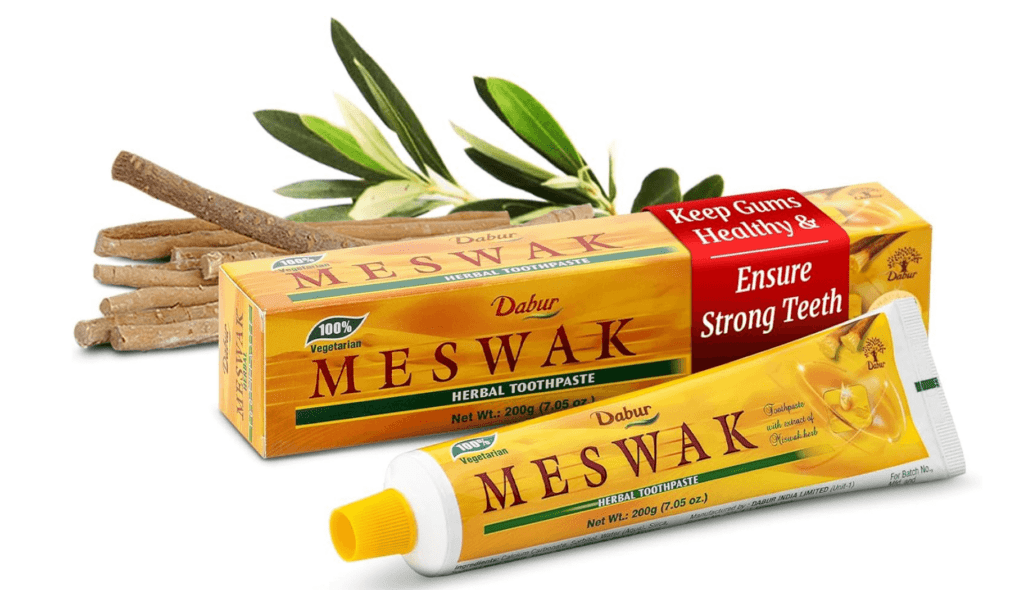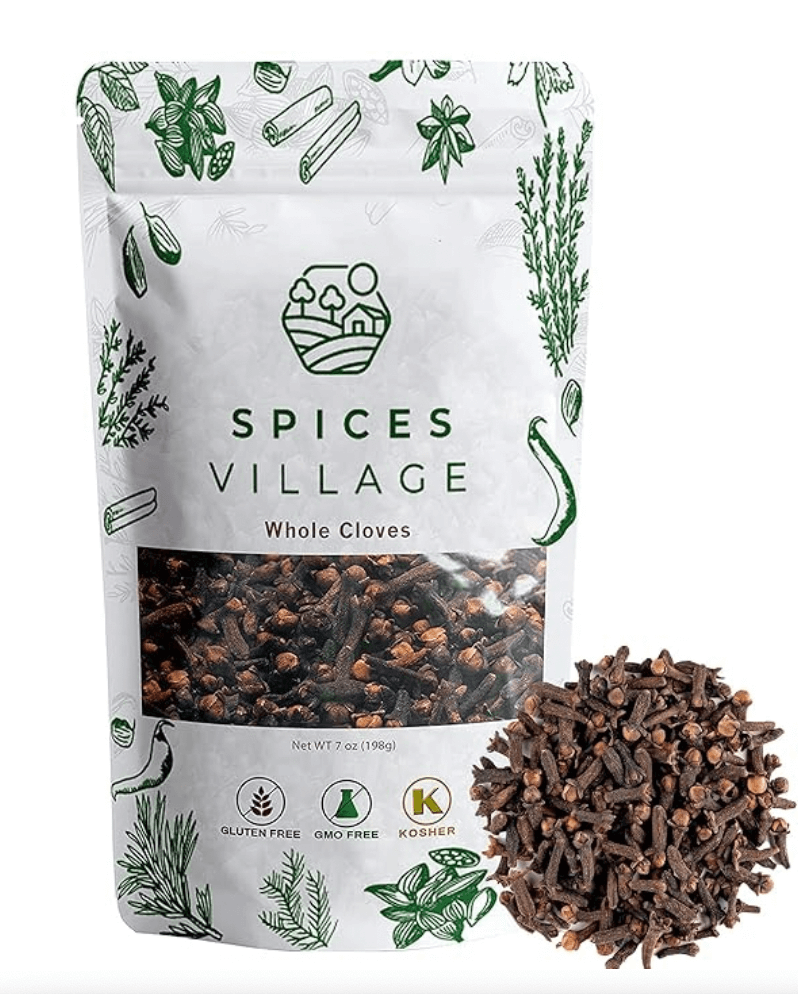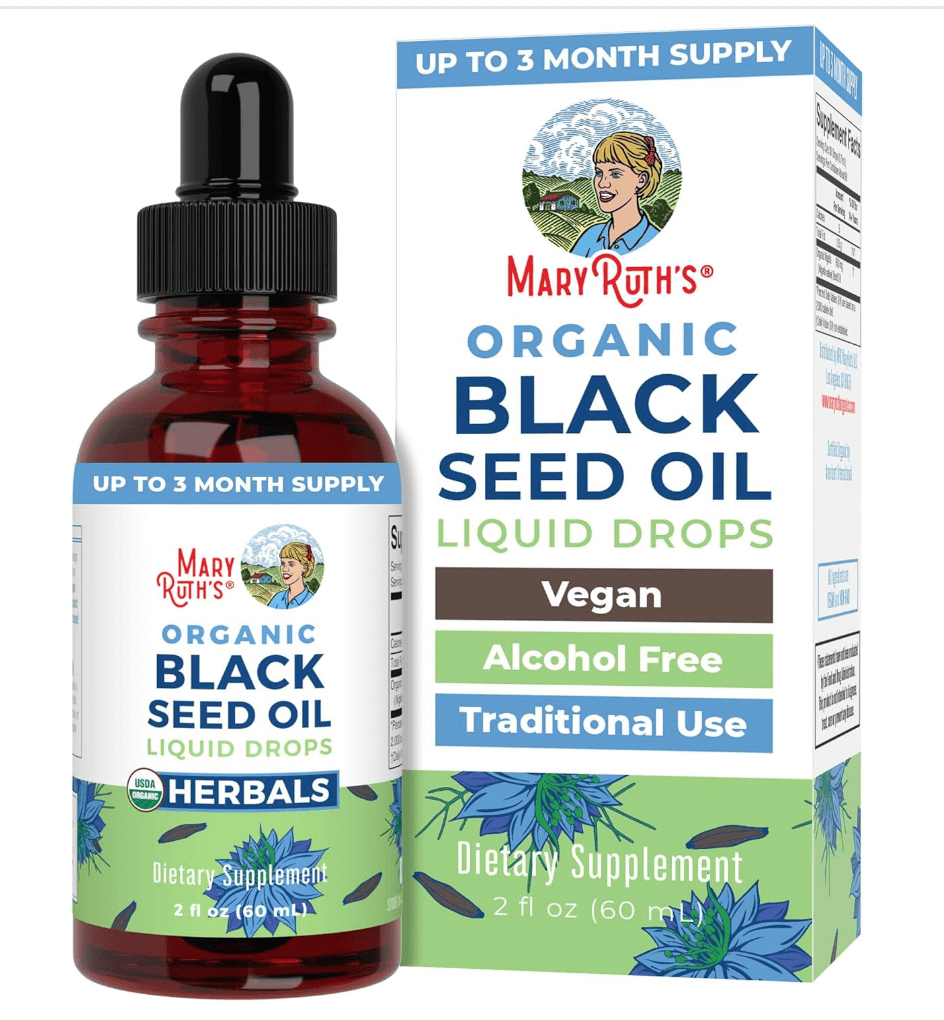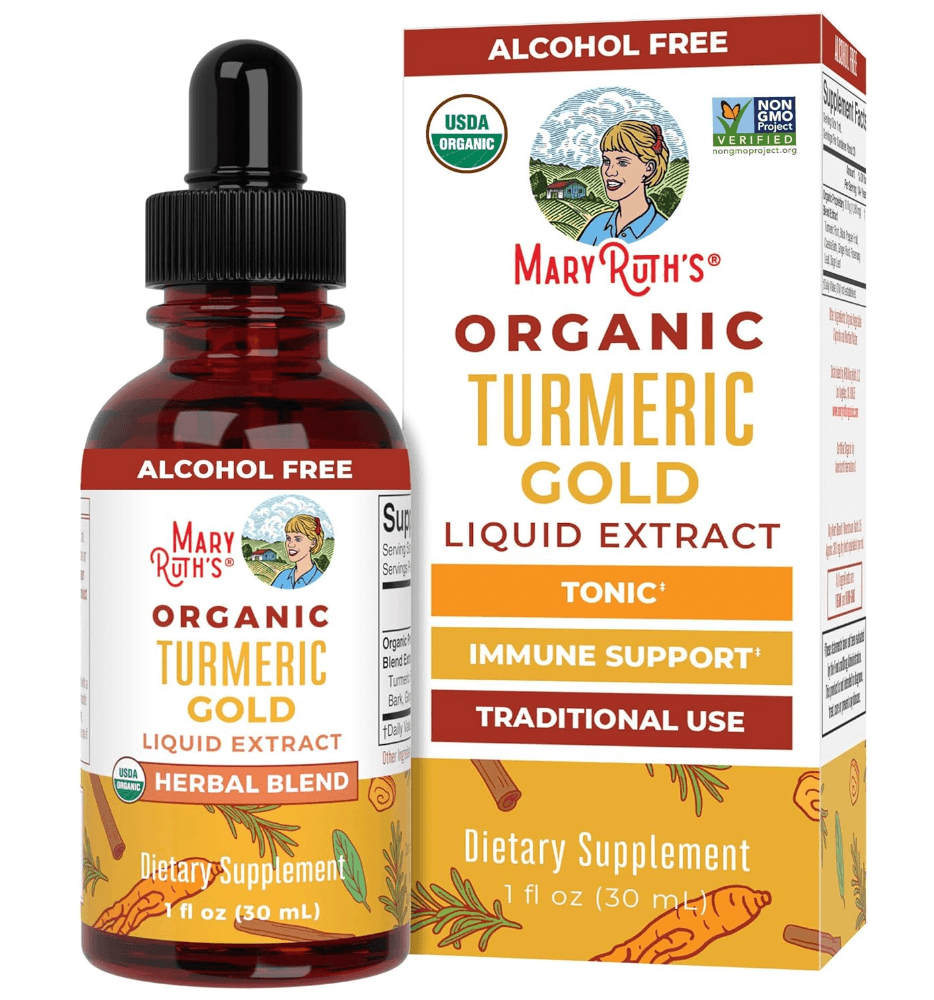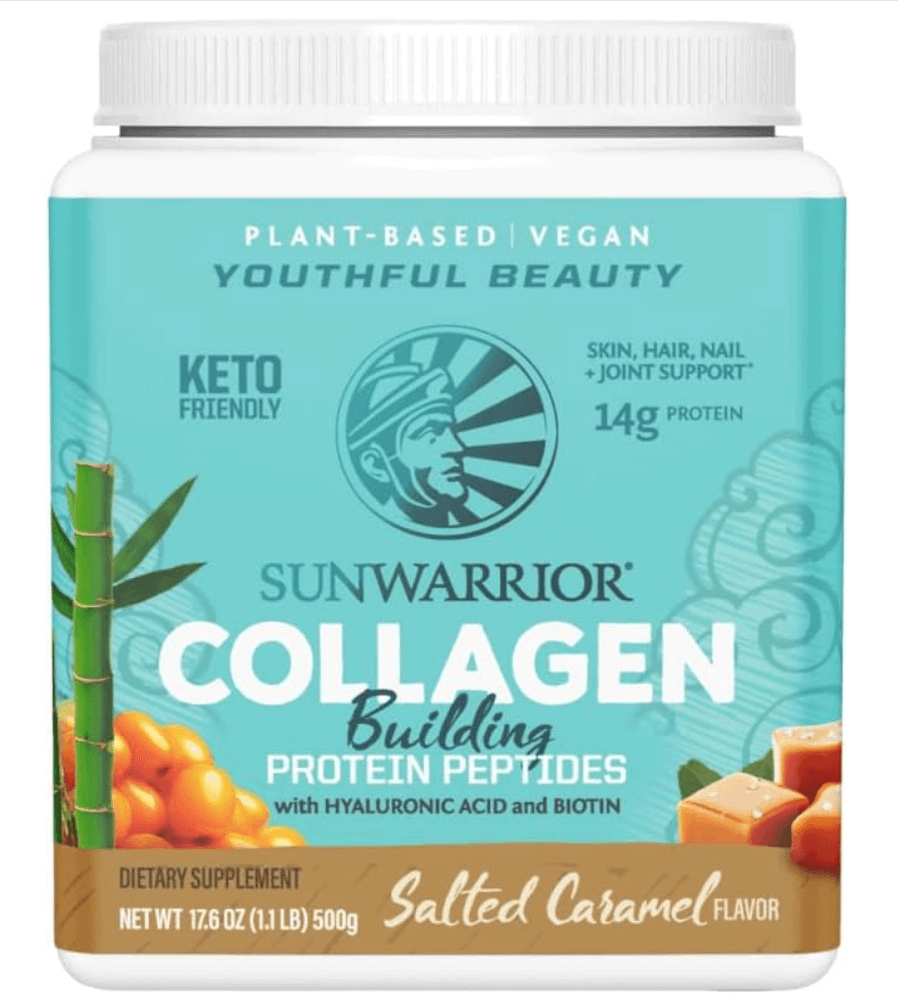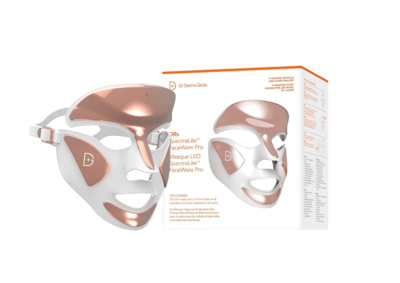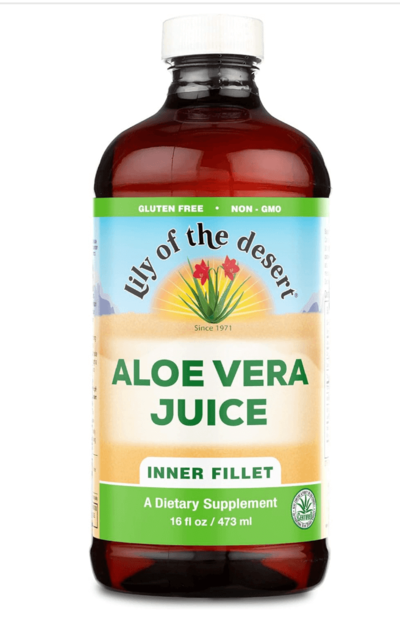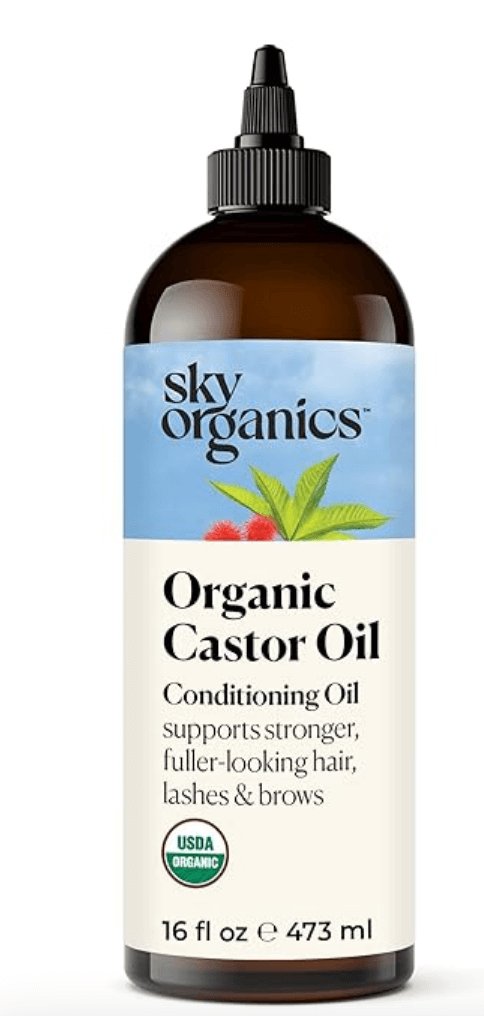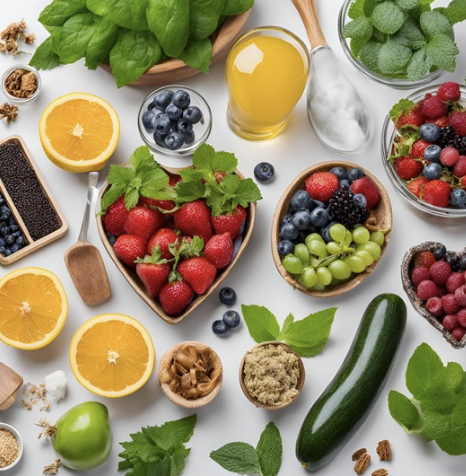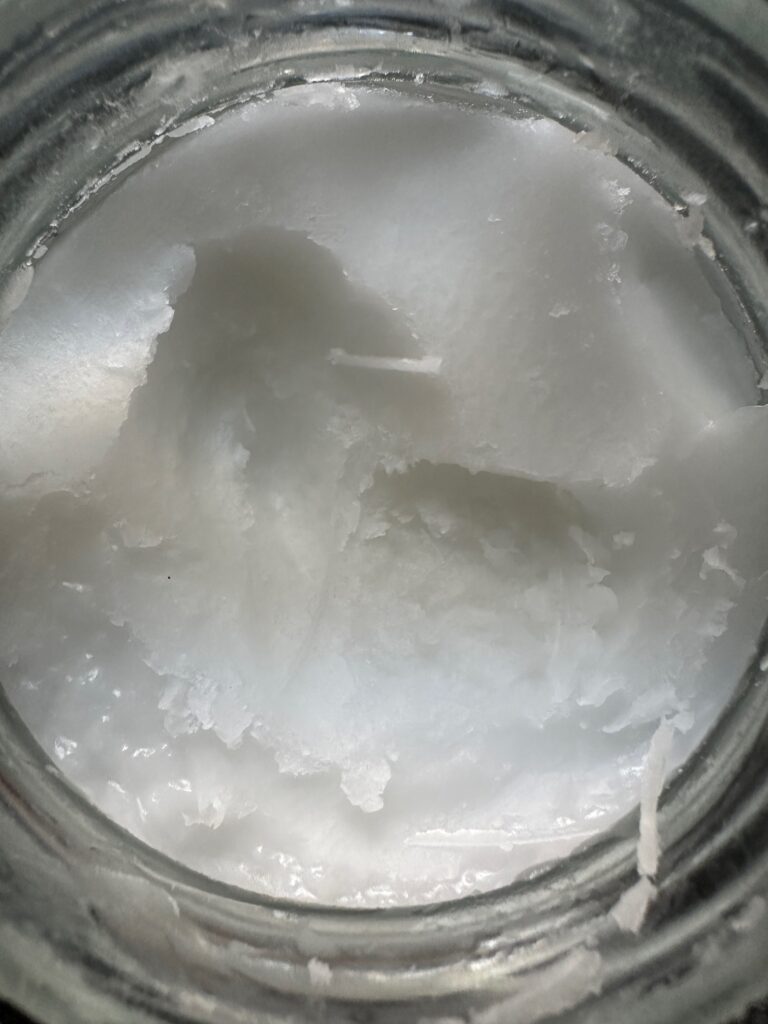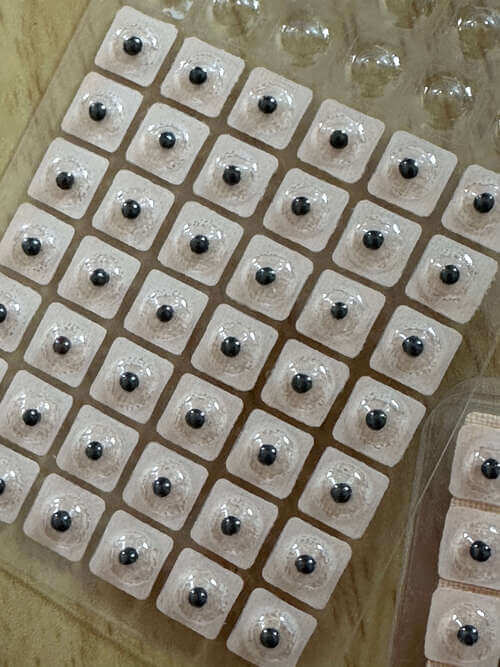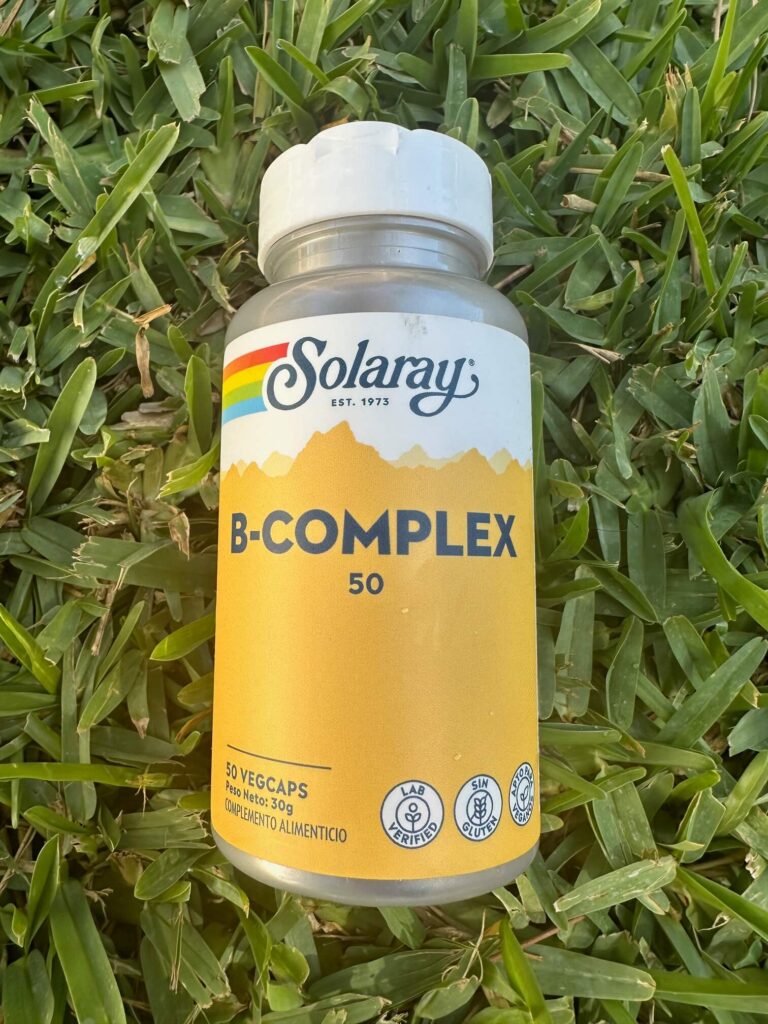27 Tips for Early Gray Hair Reversal: Methods that Help Get your Color Back
This site contains affiliate links. I may earn a small commission, at no extra cost to you.
Gray hair is a natural part of aging, but when it appears early, it can be a cause for concern for many. While genetics play a significant role in when and how quickly you go gray, there are several natural remedies and lifestyle changes that may help slow down or even reverse early graying.

What is Early Gray Hair?
Early gray hair, also known as premature graying, occurs when the hair begins to lose its natural color at a younger age than expected. Typically, graying is associated with aging and often starts in the 30s or 40s for most people. However, when gray hair appears before the age of 20 in Caucasians, before 25 in Asians, or before 30 in African Americans, it is considered early or premature.
While early gray hair is not harmful, it can sometimes be a sign of underlying factors that influence hair pigmentation. Understanding why hair turns gray early and what it signifies can help address concerns and manage expectations.
Why Does Hair Turn Gray?
Hair gets its natural color from melanin, a pigment produced by melanocyte cells in hair follicles. There are two types of melanin:
- Eumelanin: Produces black and brown shades.
- Pheomelanin: Produces red and yellow tones.
As we age, the activity of melanocytes decreases, resulting in less melanin being deposited in hair strands. Eventually, the hair turns gray or white when melanin production stops entirely. In the case of early gray hair, this process begins earlier than usual, often influenced by genetics, health, and lifestyle factors.
What Causes Early Gray Hair?
Several factors contribute to premature graying:
1. Genetics
- Genetics is the most common cause of early gray hair. If your parents or grandparents experienced early graying, you are more likely to have it too.
- Genetic predisposition determines when your melanocyte activity slows down.
2. Stress
- While stress doesn’t directly cause gray hair, chronic stress can accelerate aging processes, which may lead to early graying.
- Stress is also linked to conditions like telogen effluvium, a form of hair loss that can affect the growth cycle.
3. Nutritional Deficiencies
- Deficiencies in certain nutrients, such as:
- Vitamin B12: Essential for melanin production and overall hair health.
- Copper, Iron, and Zinc: Trace minerals that support pigment production.
- Vitamin D3: Plays a role in maintaining melanocyte function.
4. Medical Conditions
- Certain autoimmune diseases, such as vitiligo or alopecia areata, can disrupt melanin production.
- Thyroid disorders like hypothyroidism or hyperthyroidism may also be linked to early graying.
5. Smoking
- Smoking is associated with oxidative stress, which can damage melanocytes and lead to premature graying. Studies have shown a strong correlation between smoking and early onset gray hair.
6. Oxidative Stress
- The buildup of free radicals in the body can damage cells, including melanocytes, leading to reduced melanin production.
7. Environmental Factors
- Exposure to pollution, UV radiation, and harsh chemicals can cause oxidative stress and damage hair follicles, potentially contributing to early graying.
8. Hormonal Changes
- Hormonal imbalances, such as those that occur during puberty, pregnancy, or menopause, can influence hair pigmentation.
Is Early Gray Hair Reversible?
The reversibility of early gray hair depends on its cause:
- Nutritional Deficiencies: Addressing deficiencies through diet or supplements can sometimes restore pigment.
- Stress Management: Reducing stress and maintaining a balanced lifestyle may slow further graying.
- Medical Treatment: If premature graying is caused by an underlying condition, treating that condition might prevent additional graying.
Preventing Early Gray Hair
While genetics can’t be changed, adopting healthy habits may delay the onset of early graying:
- Balanced Diet: Eat foods rich in B vitamins, copper, zinc, and antioxidants. Include leafy greens, nuts, seeds, eggs, and fish.
- Reduce Stress: Practice mindfulness, yoga, or meditation to manage stress.
- Quit Smoking: Eliminating smoking reduces oxidative stress, protecting hair health.
- Protect Hair: Minimize exposure to harsh chemicals, heat styling, and UV radiation.
- Stay Hydrated: Hydration supports overall scalp and hair health.
If you’re noticing gray hairs earlier than expected, here are 27 tips to help you maintain your natural hair color longer. This post shows you 27 tips for early gray hair reversal.

1. Increase Your Vitamin B12 Intake
Vitamin B12 deficiency is often linked to premature graying. Ensure you’re getting enough of this essential vitamin through your diet by consuming foods like eggs, dairy products, fish, and fortified cereals. You can also consider taking a B12 supplement if your levels are low.

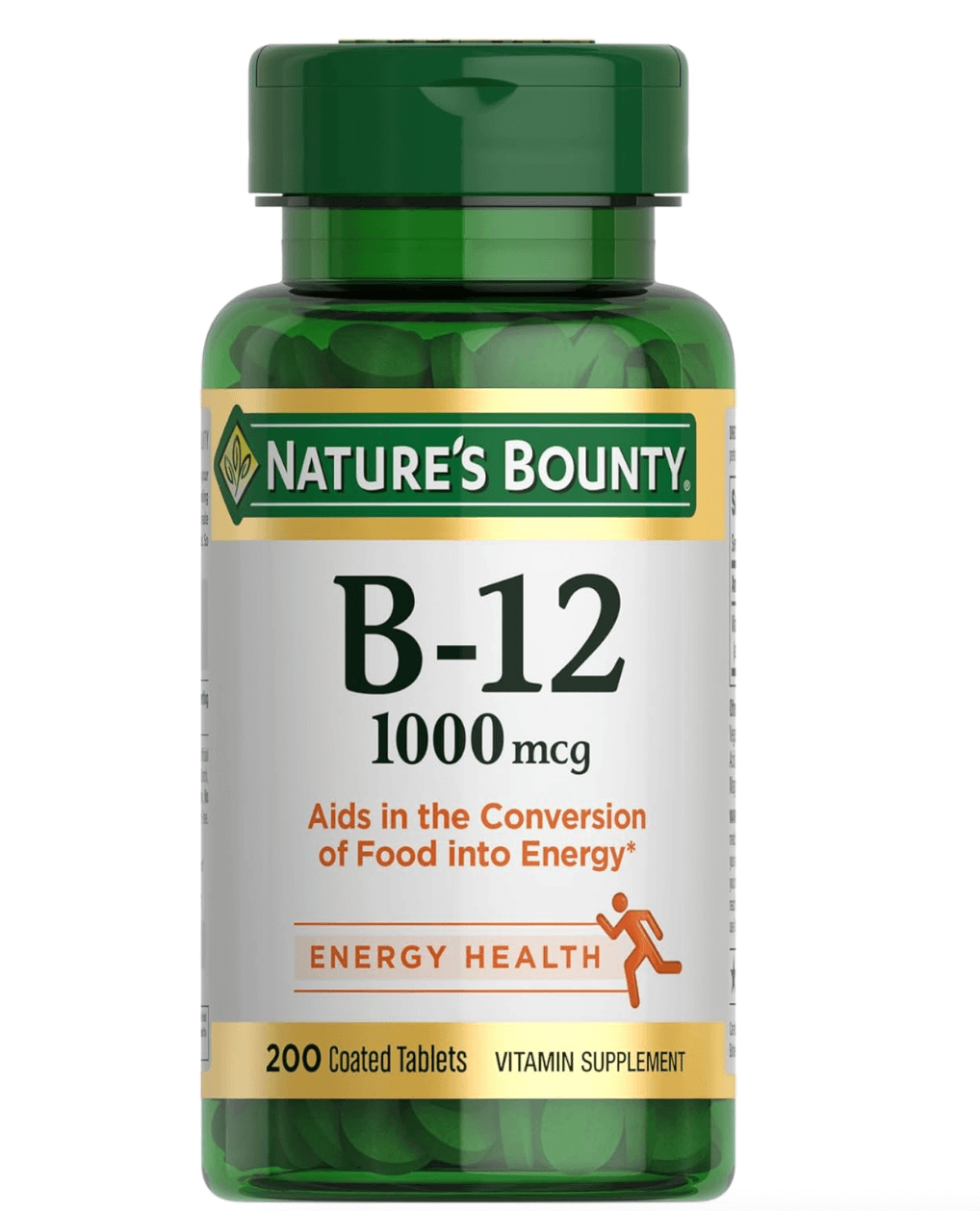
2. Add More Copper to Your Diet
Copper deficiency is another possible cause of early gray hair. Include copper-rich foods in your diet, such as lentils, almonds, mushrooms, and leafy greens. Copper helps in the production of melanin, the pigment responsible for your hair color. You can also use a copper vase or copper bracelet.


3. Eat Foods Rich in Antioxidants
Oxidative stress can damage the cells that produce melanin, leading to premature graying. Antioxidant-rich foods like berries, dark chocolate, spinach, and nuts can help combat oxidative stress and protect your hair’s natural color.

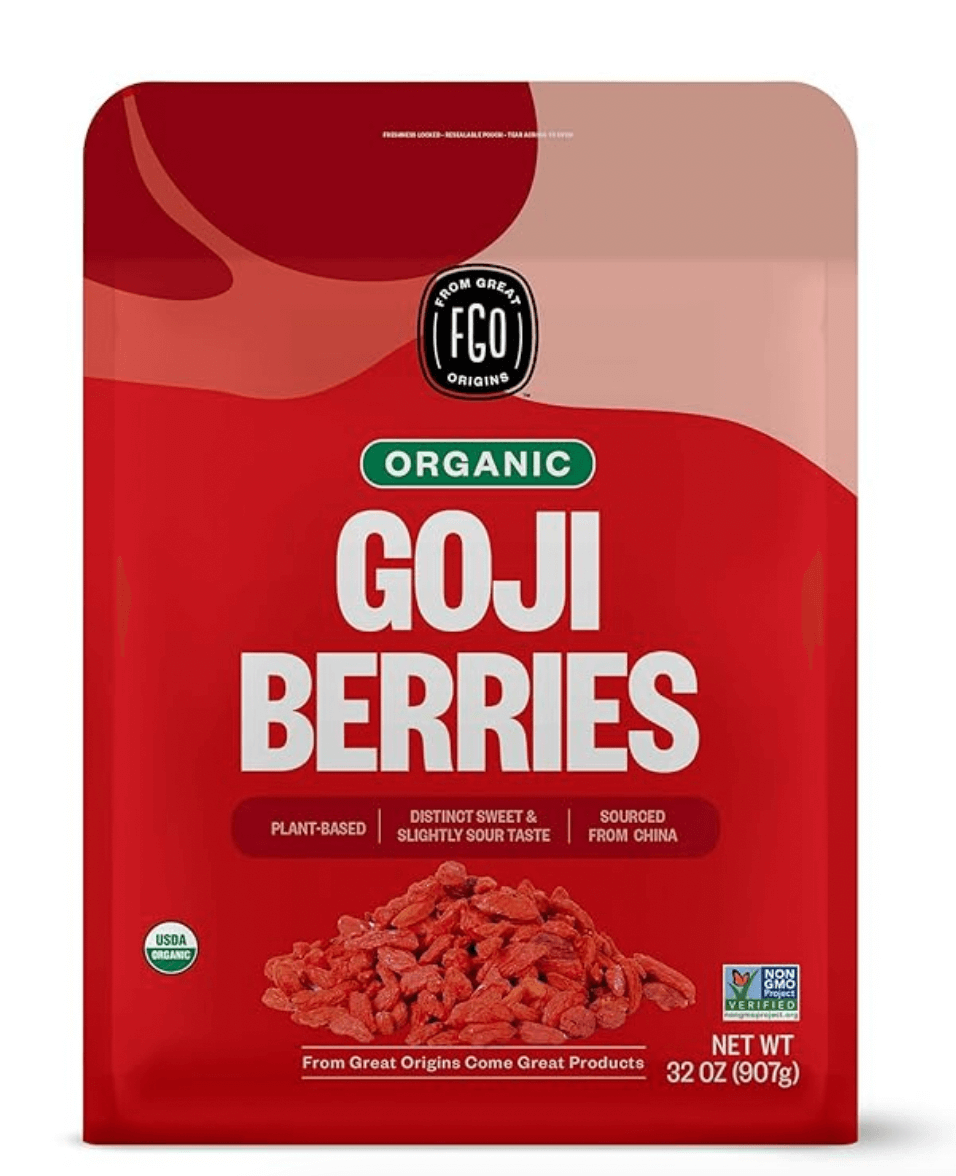
4. Include Iron-Rich Foods
Iron is crucial for healthy hair growth and maintaining hair color. Include iron-rich foods like red meat, beans, lentils, and fortified cereals in your diet. If you’re low in iron, consider taking a supplement after consulting with your doctor.

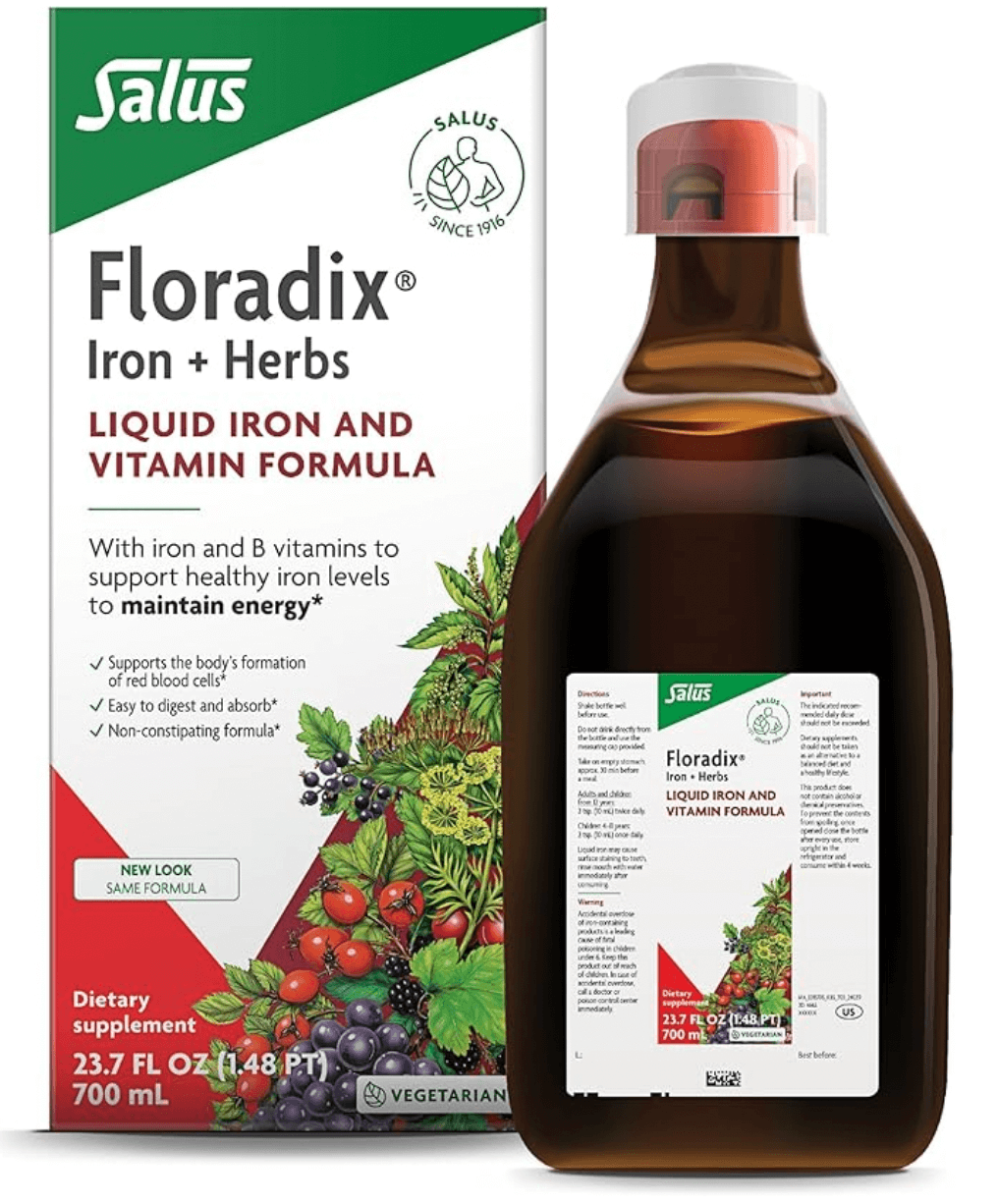
5. Massage Your Scalp Regularly
Regular scalp massages can stimulate blood circulation, encouraging healthy hair growth and maintaining your hair’s natural color. Use a few drops of essential oils like rosemary or peppermint in a carrier oil to enhance the massage’s effectiveness.

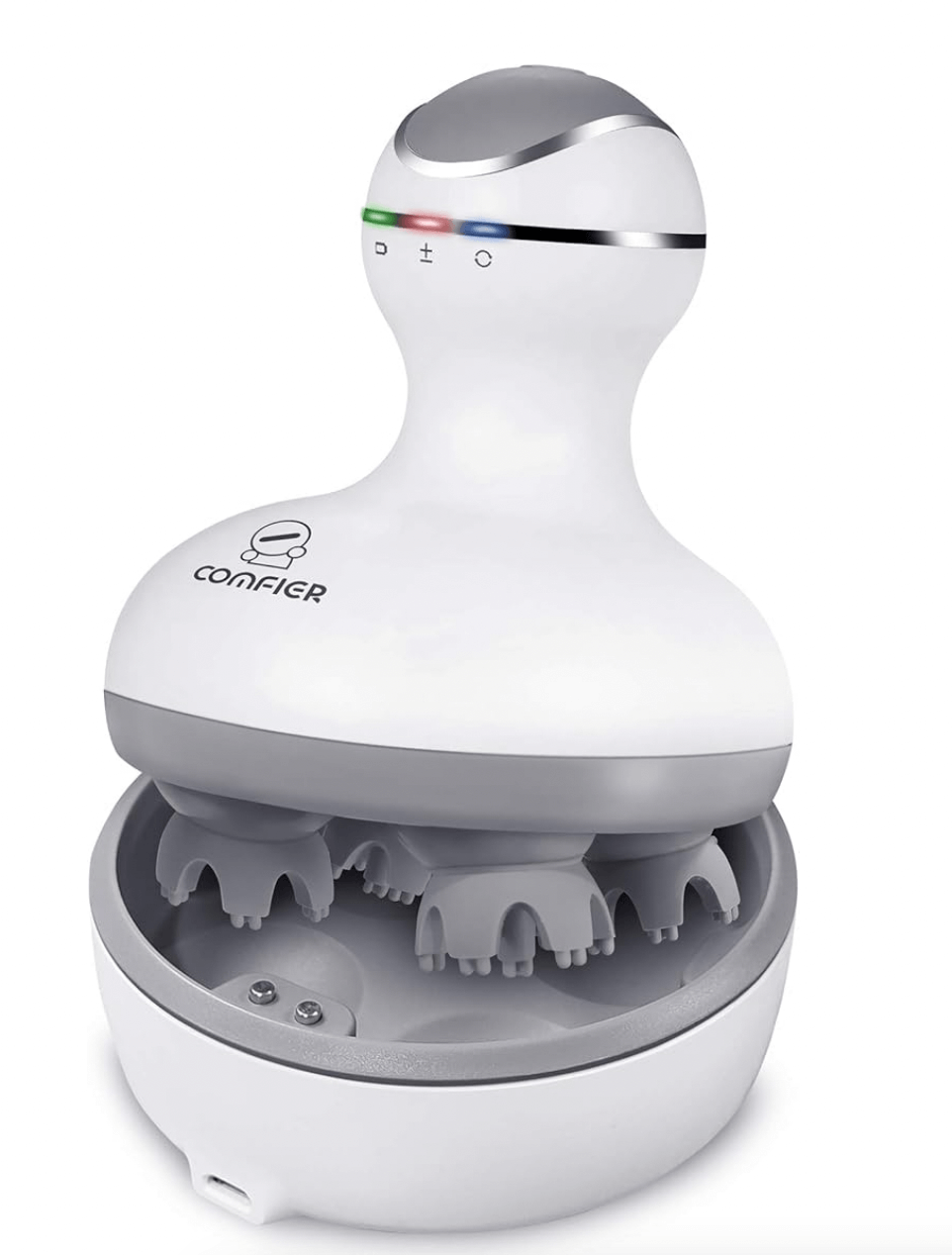
6. Use Coconut Oil
Coconut oil is known for its nourishing properties. Massaging your scalp with coconut oil can help keep your hair healthy and may slow down the graying process. Leave it on for at least 30 minutes before washing it out for the best results.
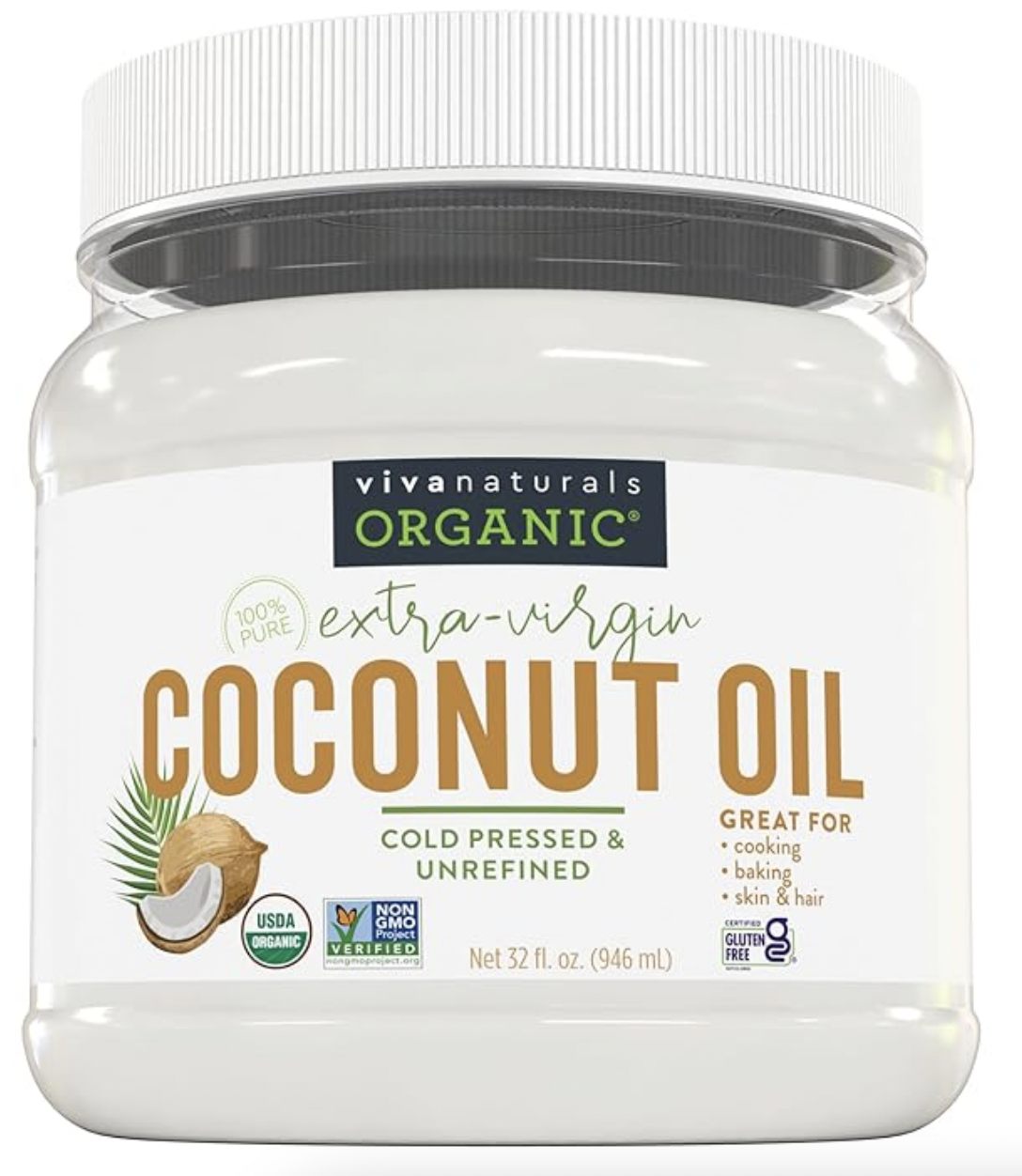

7. Apply Amla Oil
Amla (Indian gooseberry) is rich in vitamin C and antioxidants, which can help prevent premature graying. Regularly applying amla oil to your scalp may promote healthy hair growth and maintain your natural color.
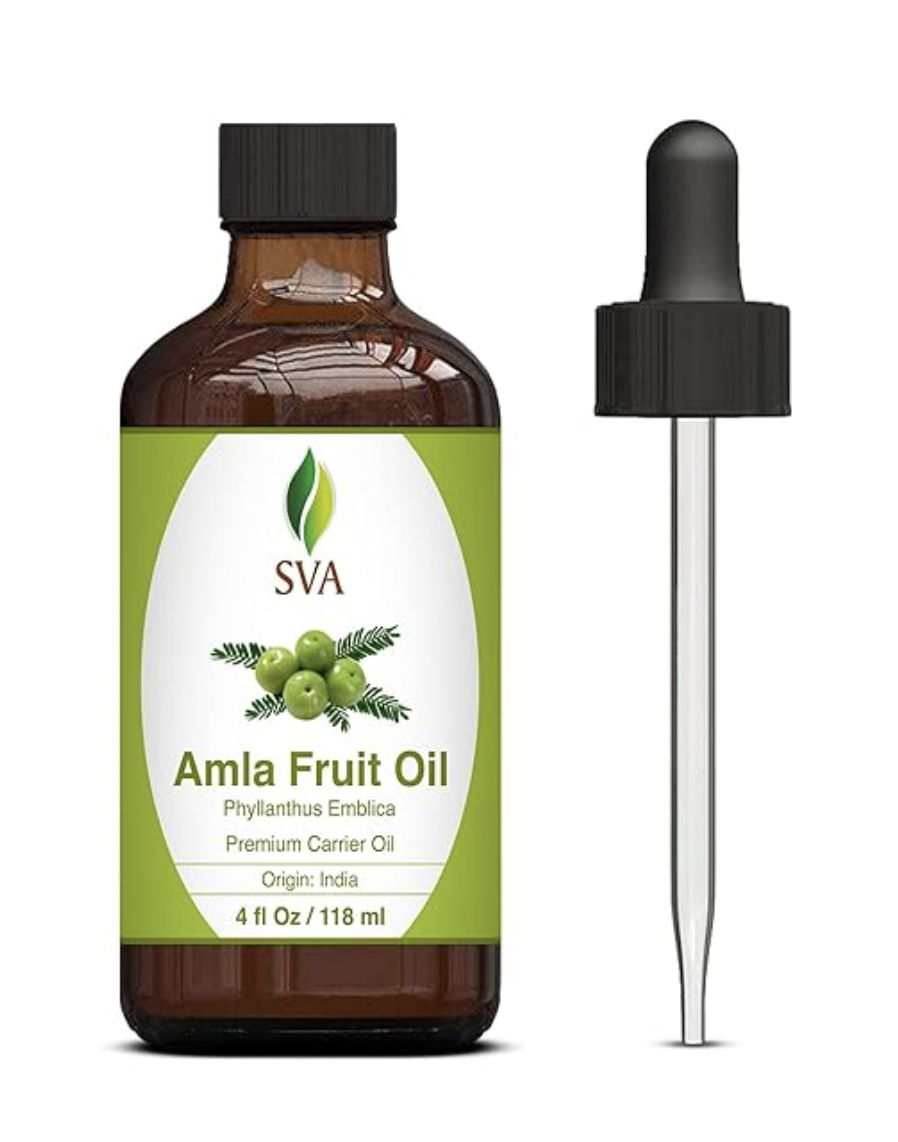

8. Reduce Stress Levels
Chronic stress is a known factor in premature aging, including graying hair. Practice stress-reducing activities like yoga, meditation, deep breathing, or regular exercise to keep your stress levels in check and potentially slow down the graying process.


9. Avoid Smoking
Smoking accelerates aging and can lead to premature gray hair. Quitting smoking not only benefits your overall health but may also help maintain your natural hair color longer.

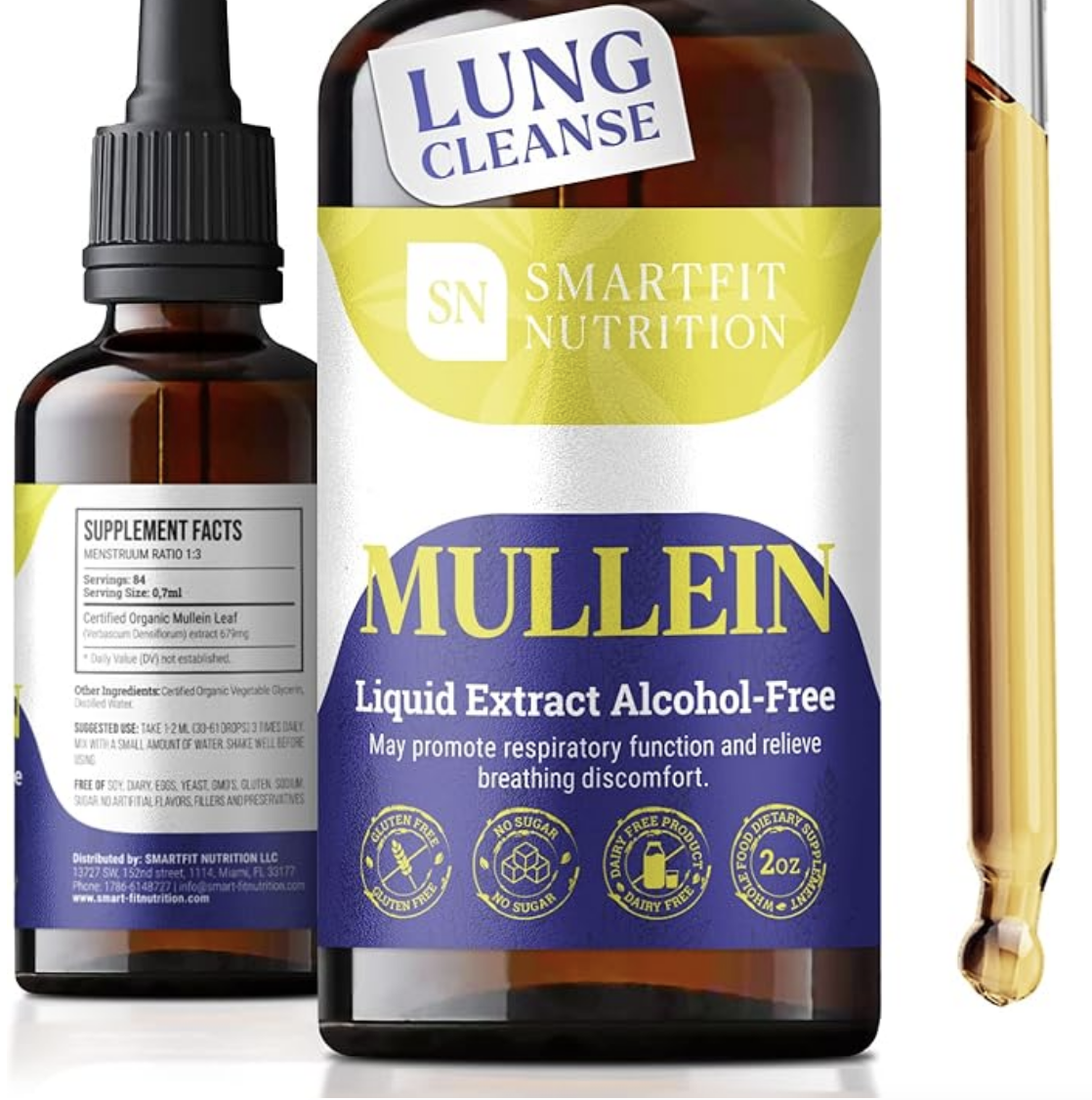
10. Stay Hydrated
Dehydration can affect the health of your hair and scalp. Make sure to drink plenty of water throughout the day to keep your hair hydrated and reduce the risk of early graying.


11. Use Henna
Henna is a natural dye that has been used for centuries to color hair. It not only adds a rich color but also nourishes and strengthens your hair. Regular use of henna can help cover gray hairs naturally.

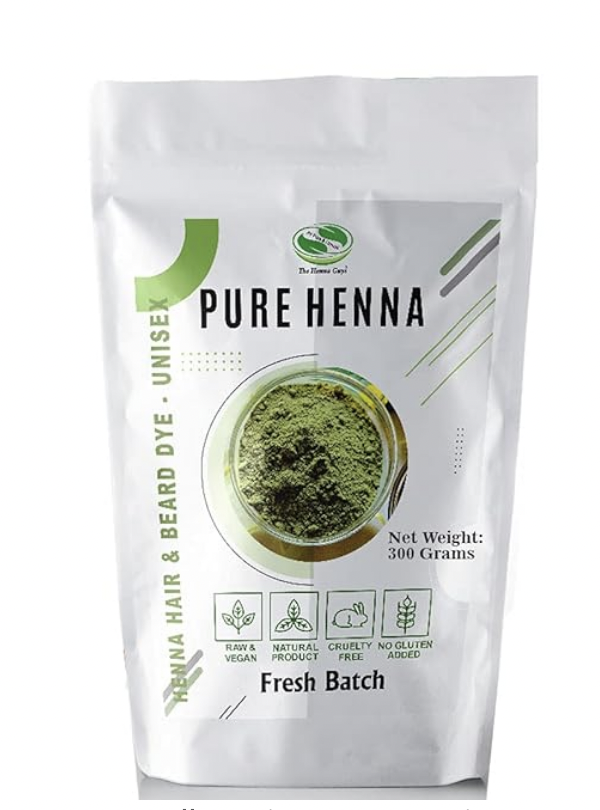
12. Try Black Tea Rinses
Black tea contains antioxidants and tannins that can darken your hair over time. Brew a strong cup of black tea, let it cool, and use it as a hair rinse after shampooing. Leave it on for at least 30 minutes before rinsing with water.

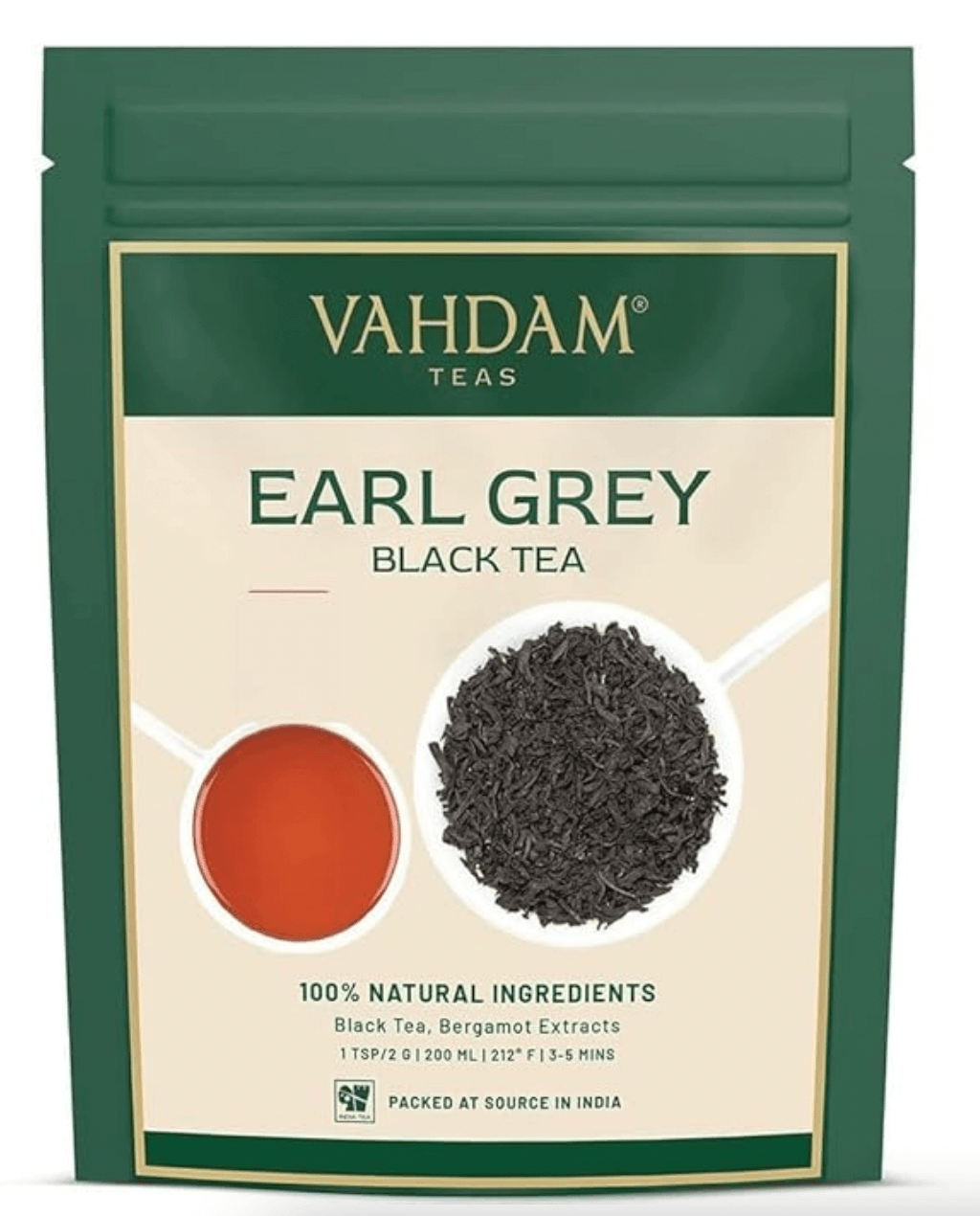
13. Incorporate Curry Leaves
Curry leaves are rich in antioxidants and nutrients that can help restore melanin in the hair. Boil a handful of curry leaves in coconut oil, strain, and use the oil to massage your scalp regularly.

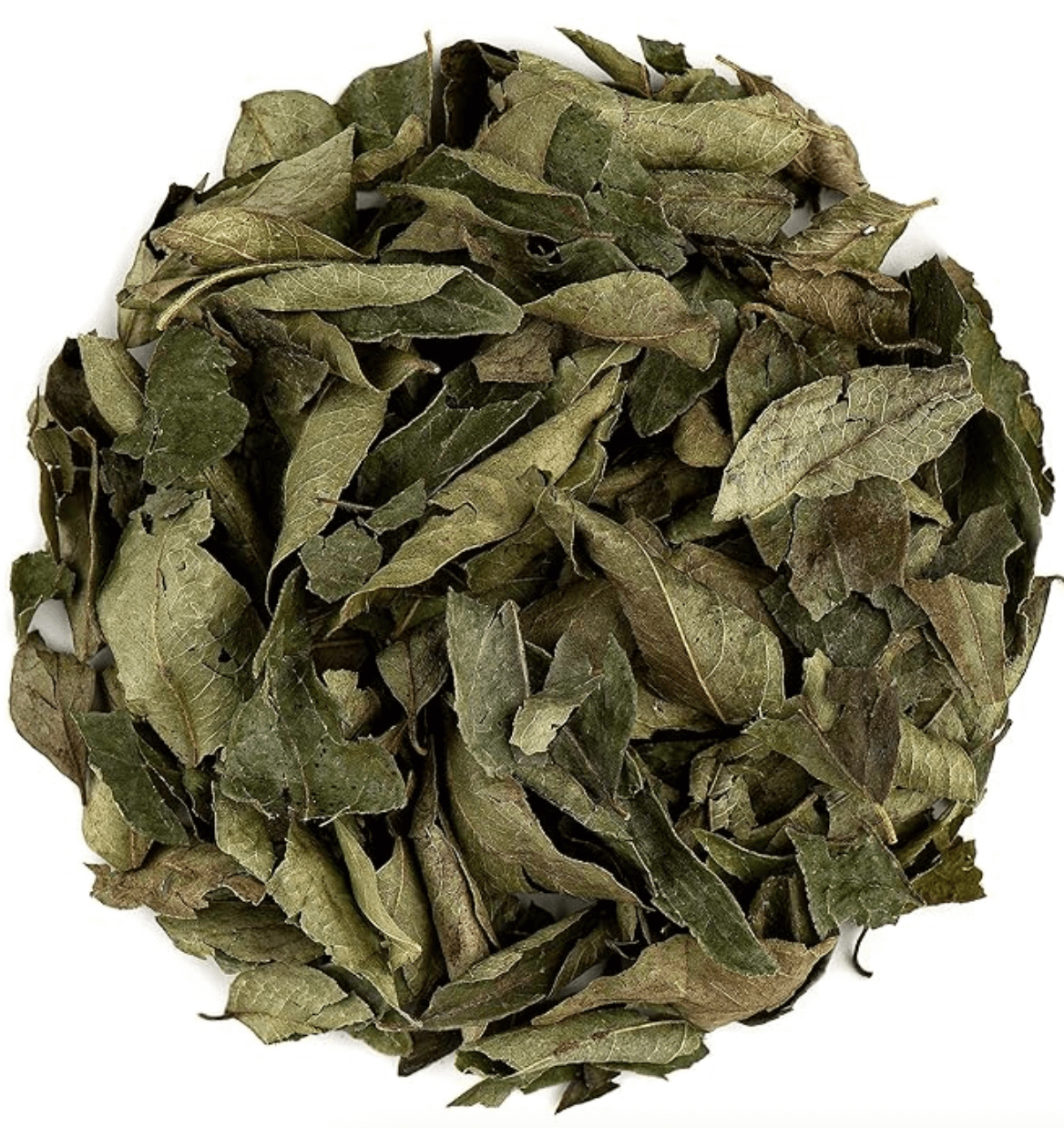
14. Avoid Excessive Heat Styling
Frequent use of heat styling tools like flat irons, curling irons, and blow dryers can damage your hair and lead to premature graying. Try to limit the use of these tools and always use a heat protectant spray when styling.


15. Use Natural Shampoos
Many commercial shampoos contain harsh chemicals that can strip your hair of its natural oils and color. Opt for natural or sulfate-free shampoos that are gentle on your hair and scalp.

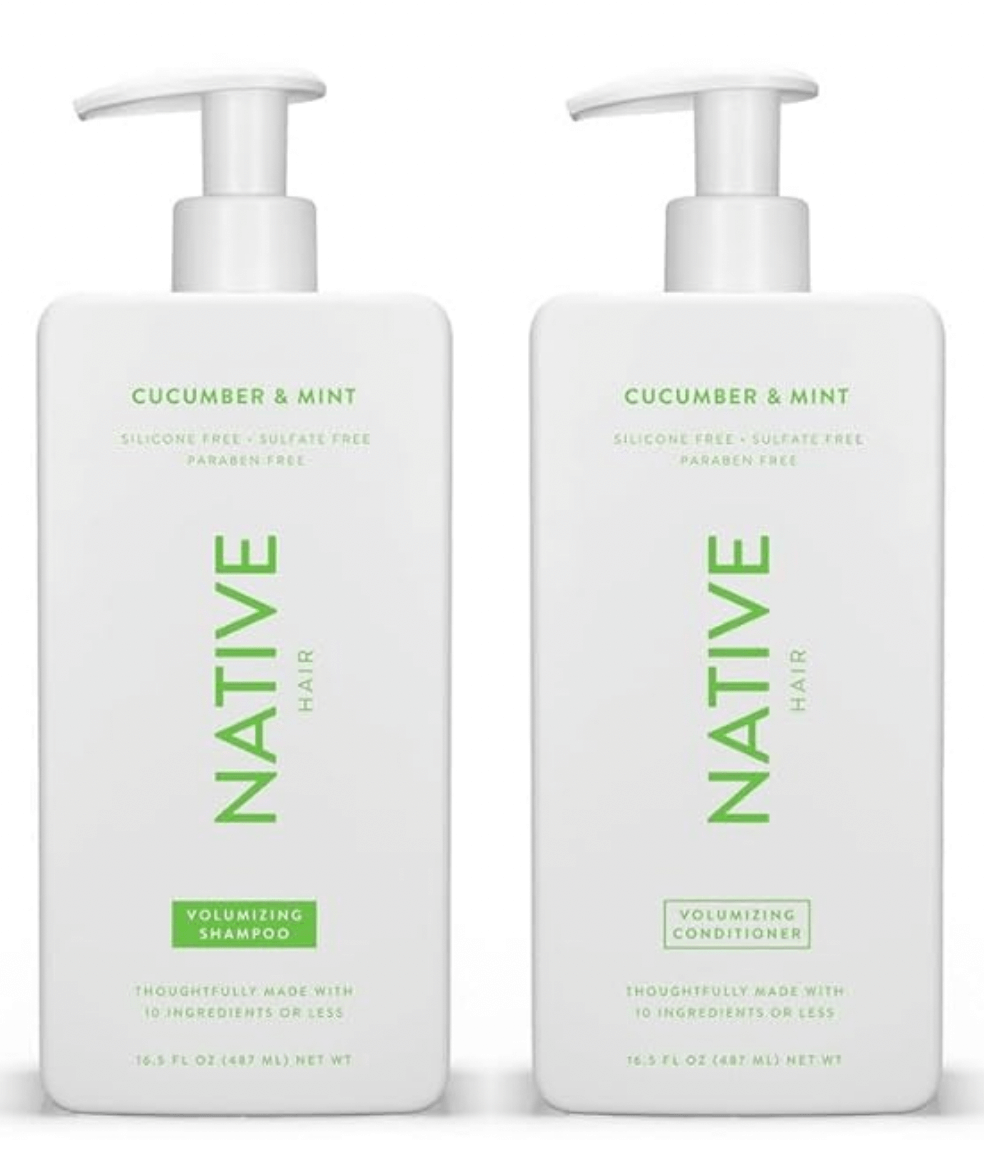
16. Get Enough Protein
Protein is essential for hair health, as hair is primarily made up of keratin, a type of protein. Make sure you’re getting enough protein in your diet from sources like eggs, fish, poultry, beans, and legumes to support healthy hair growth.

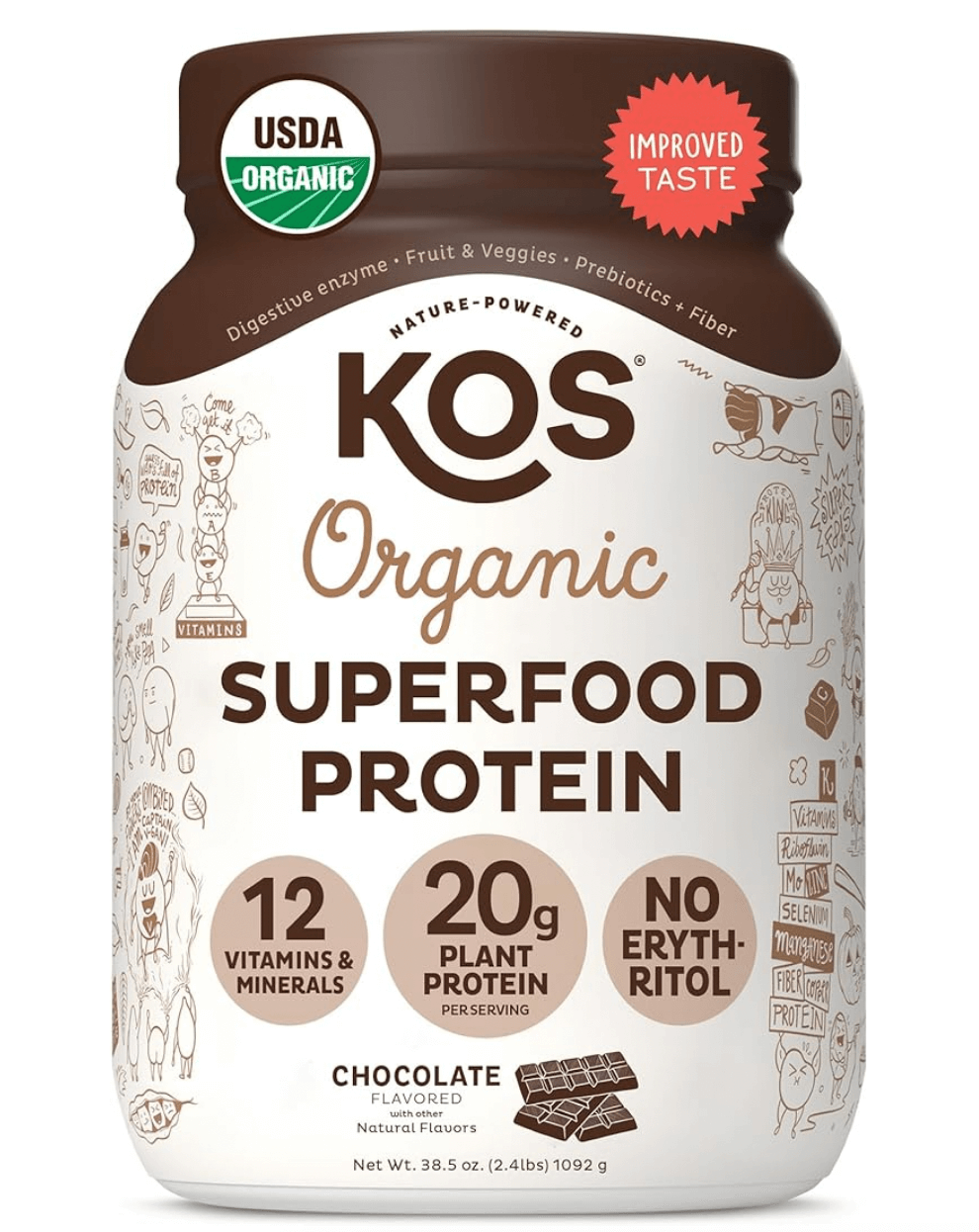
17. Try Bhringraj Oil
Bhringraj oil, an Ayurvedic remedy, is known for its hair-darkening properties. Regularly massaging your scalp with bhringraj oil can help slow down the graying process and promote healthy hair growth.

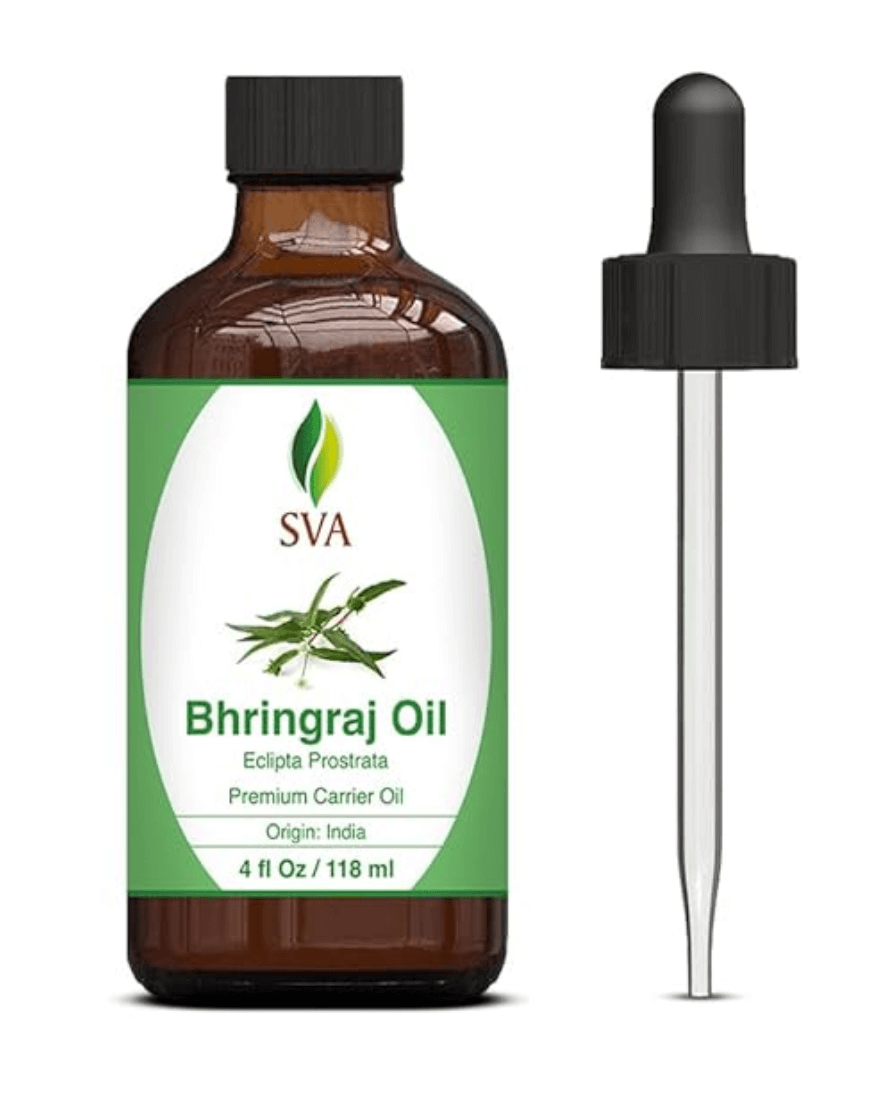
18. Use Onion Juice
Onion juice is rich in catalase, an enzyme that helps restore the natural color of hair. Apply fresh onion juice to your scalp, leave it on for 30 minutes, and then wash it off with a mild shampoo.

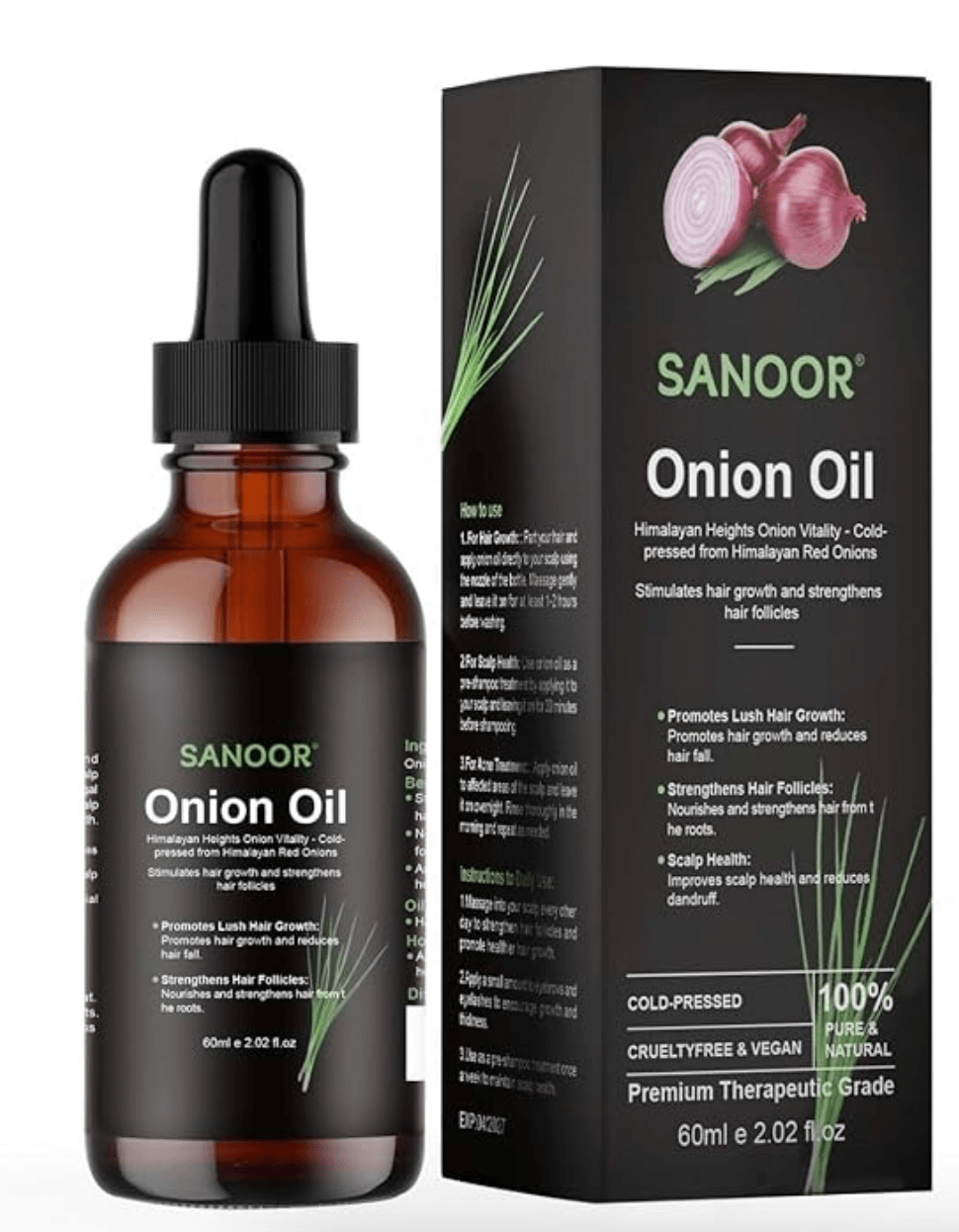
19. Avoid Excessive Hair Coloring
Frequent use of chemical hair dyes can damage your hair and lead to more gray hairs. If you choose to dye your hair, opt for natural or semi-permanent dyes that are less harsh on your hair.

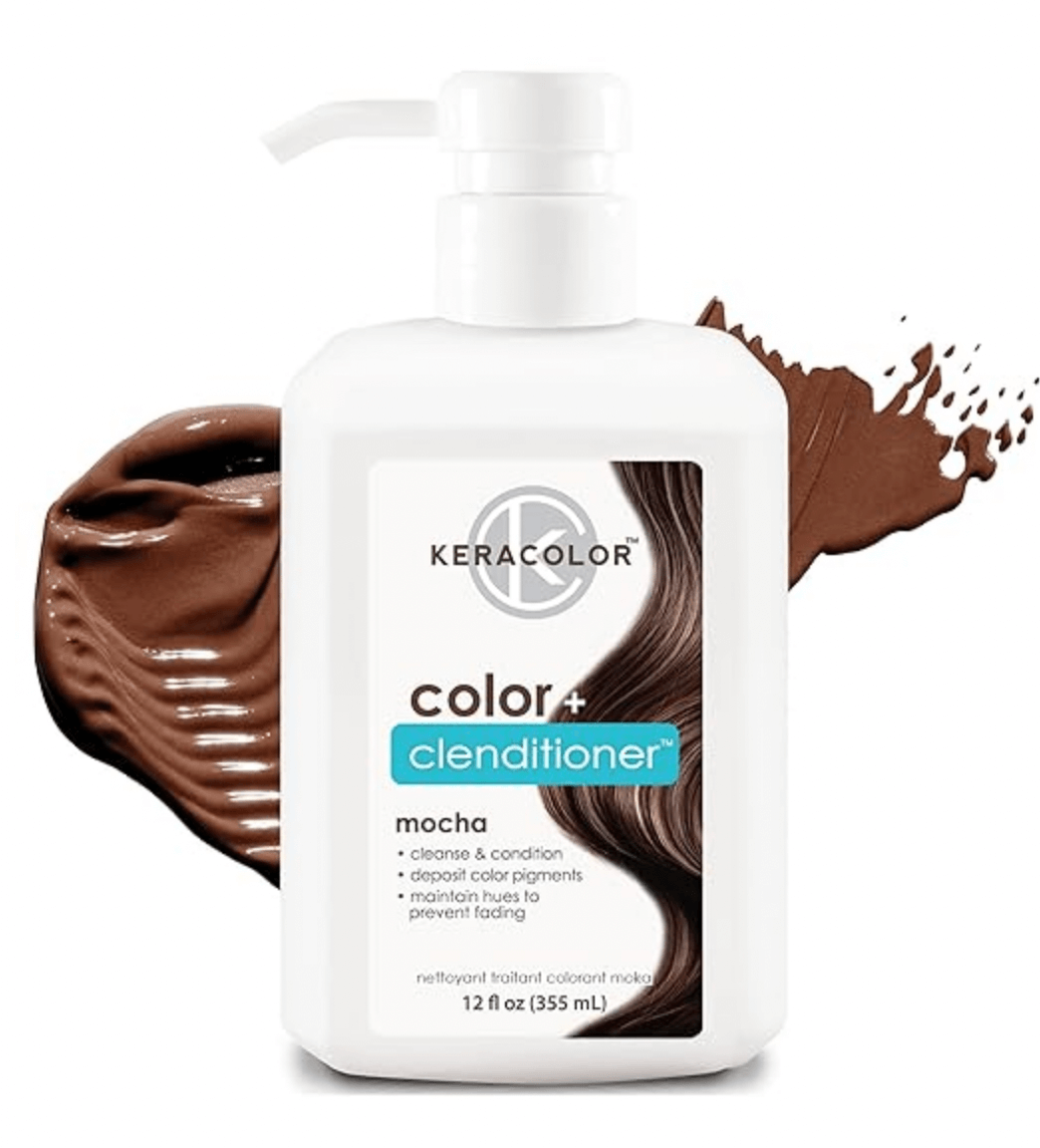
20. Consume Biotin-Rich Foods
Biotin (vitamin B7) plays a crucial role in hair health. Include biotin-rich foods like eggs, nuts, seeds, and sweet potatoes in your diet to support healthy hair and potentially slow down the graying process.

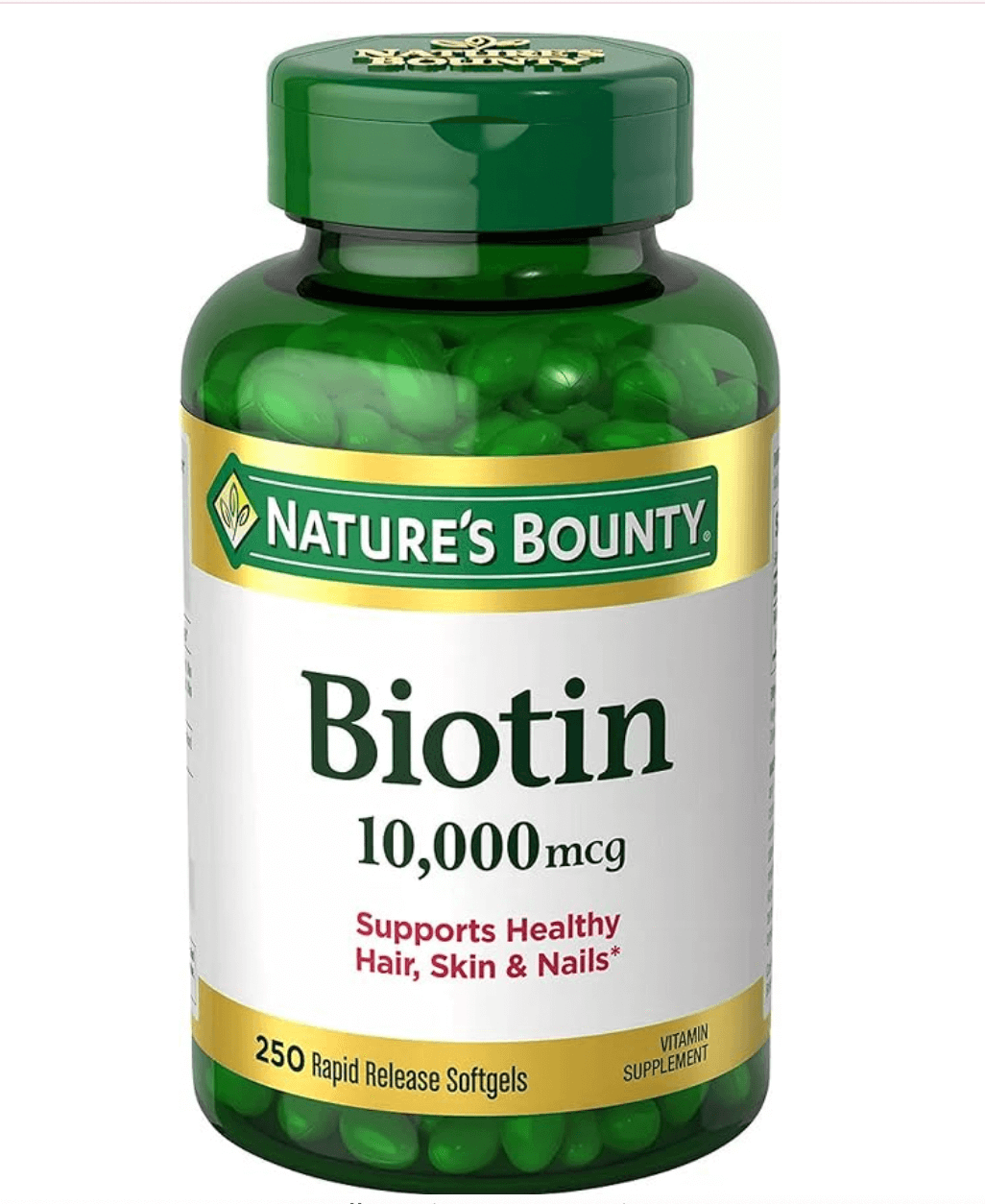
21. Protect Your Hair from the Sun
Excessive sun exposure can damage your hair and lead to premature graying. Protect your hair by wearing a hat or using hair products with UV protection when spending time outdoors.

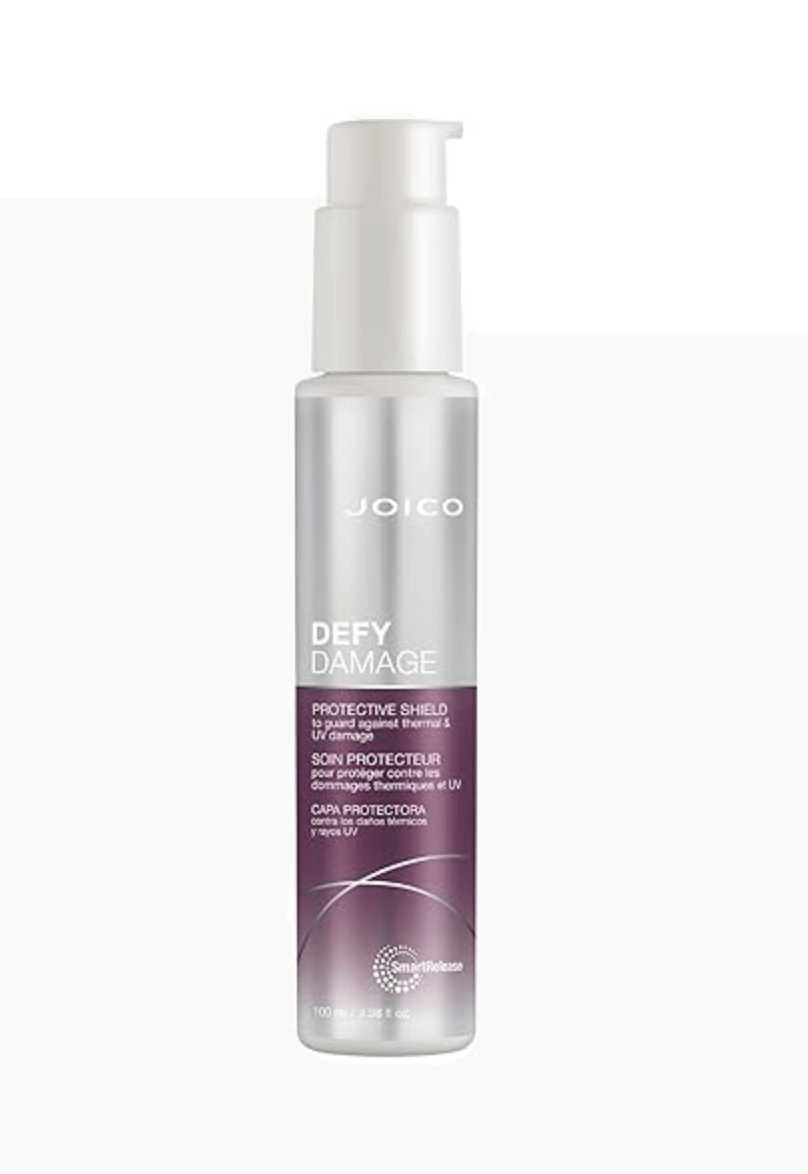
22. Avoid Sulfates and Parabens
Sulfates and parabens in hair care products can strip your hair of its natural color and moisture. Choose sulfate-free and paraben-free products to keep your hair healthy and vibrant.

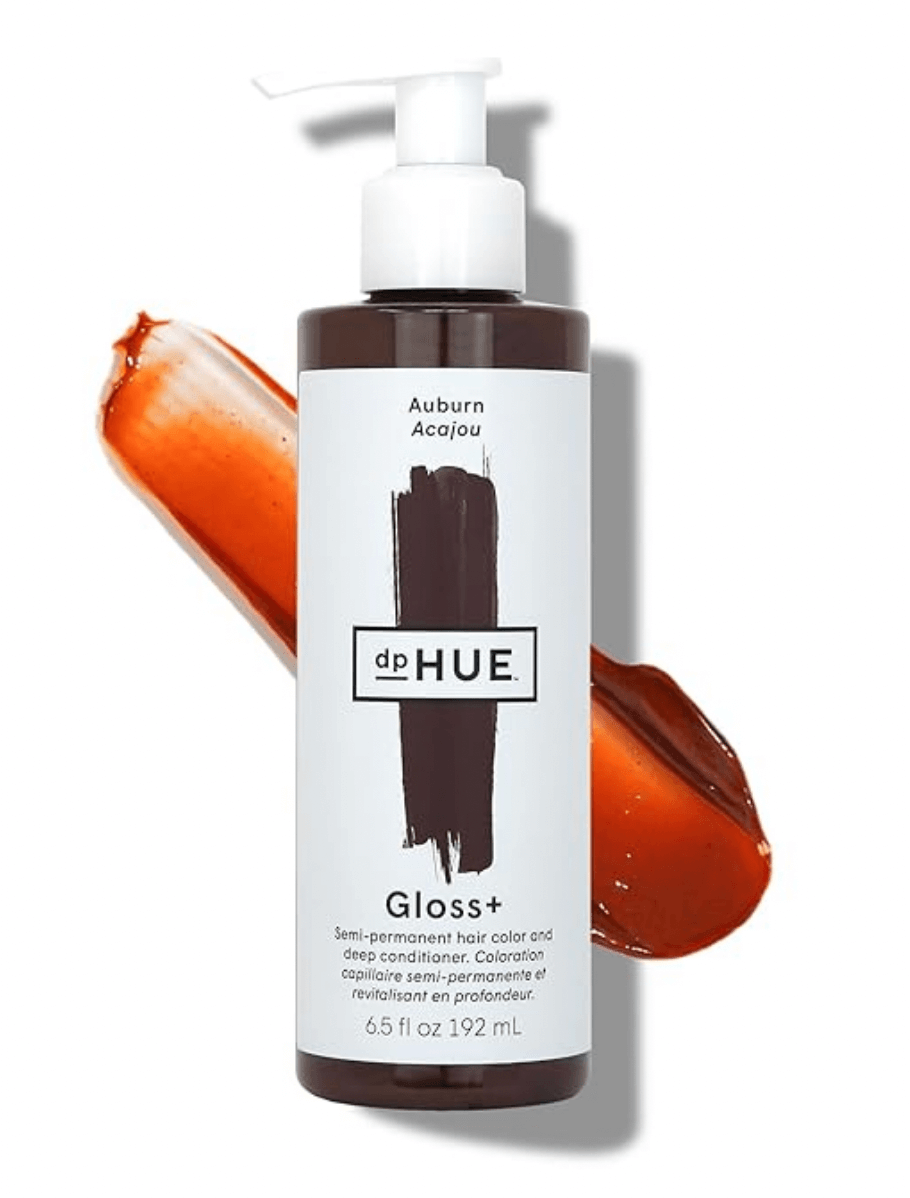
23. Add Fish Oil to Your Diet
Fish oil is rich in omega-3 fatty acids, which are essential for maintaining healthy hair. Including fish oil supplements or fatty fish like salmon in your diet may help prevent premature graying.

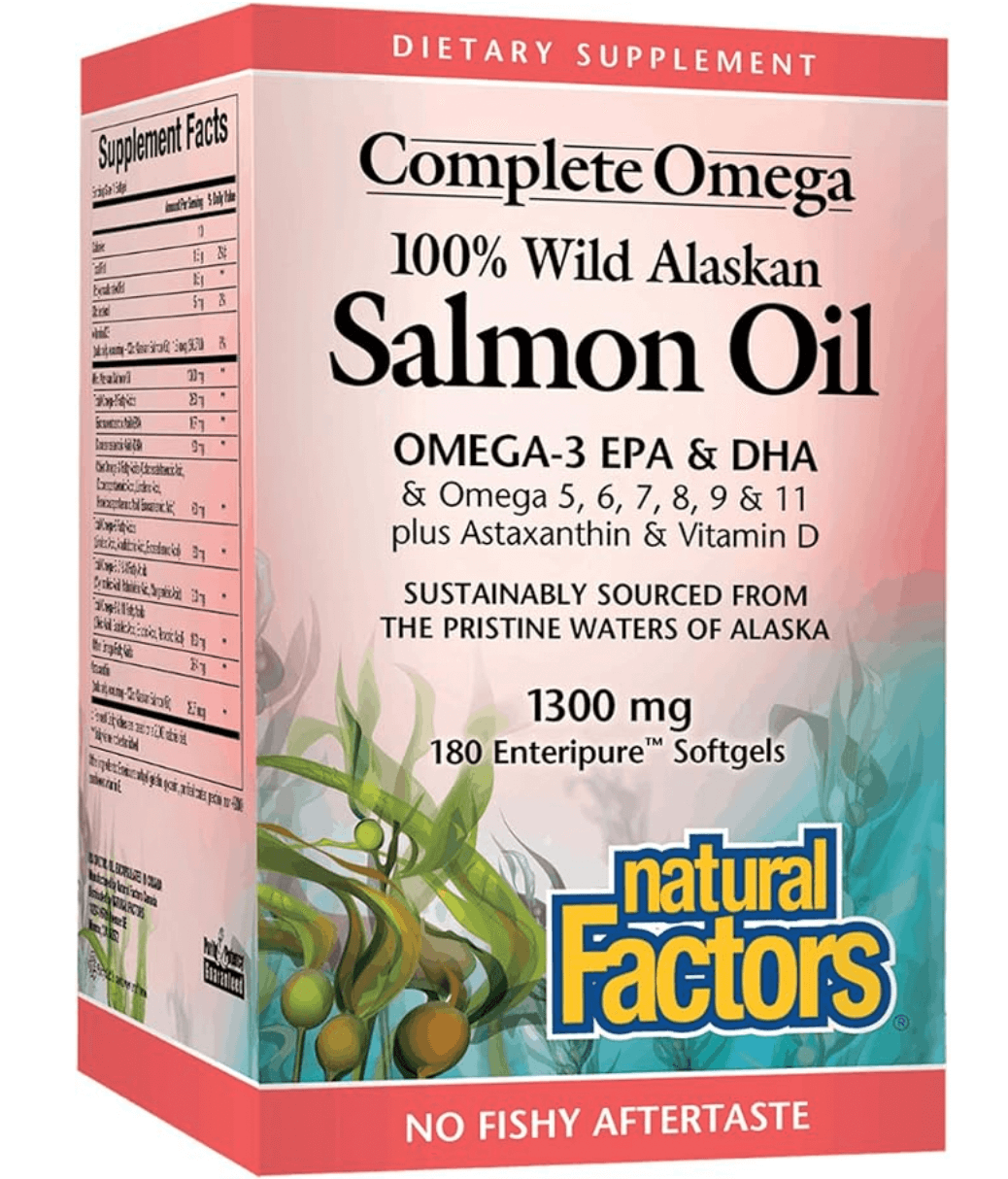
24. Consume More Zinc
Zinc is essential for hair tissue growth and repair. Include zinc-rich foods like oysters, beef, pumpkin seeds, and chickpeas in your diet to support healthy hair and potentially delay graying.

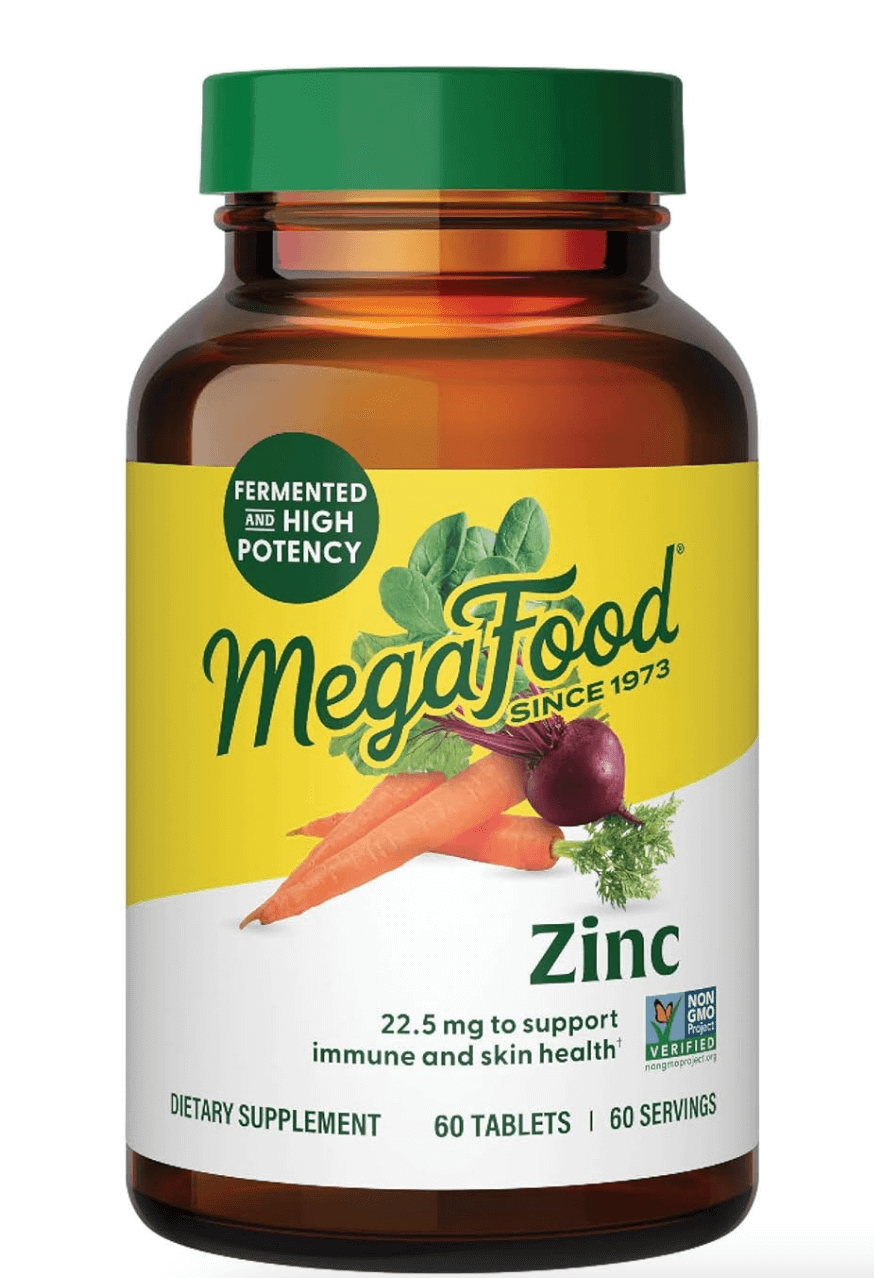
25. Practice Good Hair Care Habits
Regularly washing your hair with gentle shampoos, conditioning it, and avoiding harsh treatments can help maintain your hair’s health and natural color.

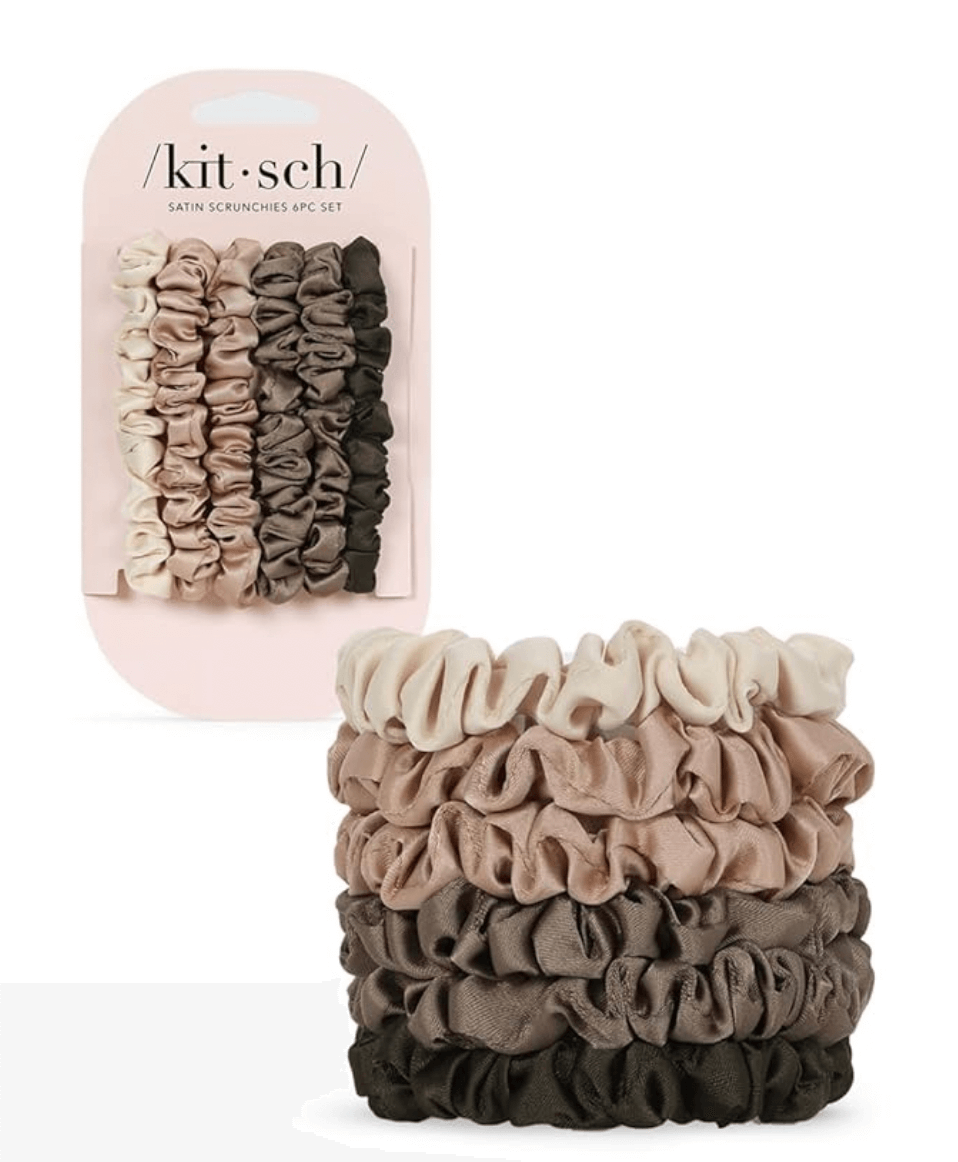
26. Consider Herbal Supplements
Herbal supplements like ashwagandha, saw palmetto, and ginseng are believed to support hair health and may help in slowing down the graying process. Consult with a healthcare provider before adding any new supplements to your routine.


27. Try Red Light Therapy
Red light therapy has been gaining attention for its potential benefits in promoting hair growth and maintaining hair color. This non-invasive treatment involves exposing the scalp to low-level red light, which is believed to stimulate hair follicles, increase blood circulation, and enhance cellular repair. Some studies suggest that red light therapy may help slow down the graying process by boosting melanin production in the hair follicles. To explore this option, you can look for at-home red light therapy devices or consult a professional for in-clinic treatments. Regular sessions may contribute to healthier, more vibrant hair over time.


Learn more about read light therapy here:



28. Black Sesame Seeds
Black sesame seeds are often recommended in traditional medicine, especially in Chinese and Ayurvedic practices, as a food that supports hair health and slows down premature graying. They’re rich in minerals like copper, iron, and zinc, which play a role in melanin production, the pigment responsible for giving hair its color.
The seeds also contain antioxidants and healthy fats that nourish the scalp, improve circulation, and reduce oxidative stress, a factor linked to early graying. While scientific evidence is still limited, many people believe that regularly eating black sesame seeds, whether sprinkled on meals, blended into smoothies, or enjoyed as a paste, can help maintain darker, shinier hair and delay the onset of grays. I just add a bunch of them to my yoghurt and I really enjoy the taste!
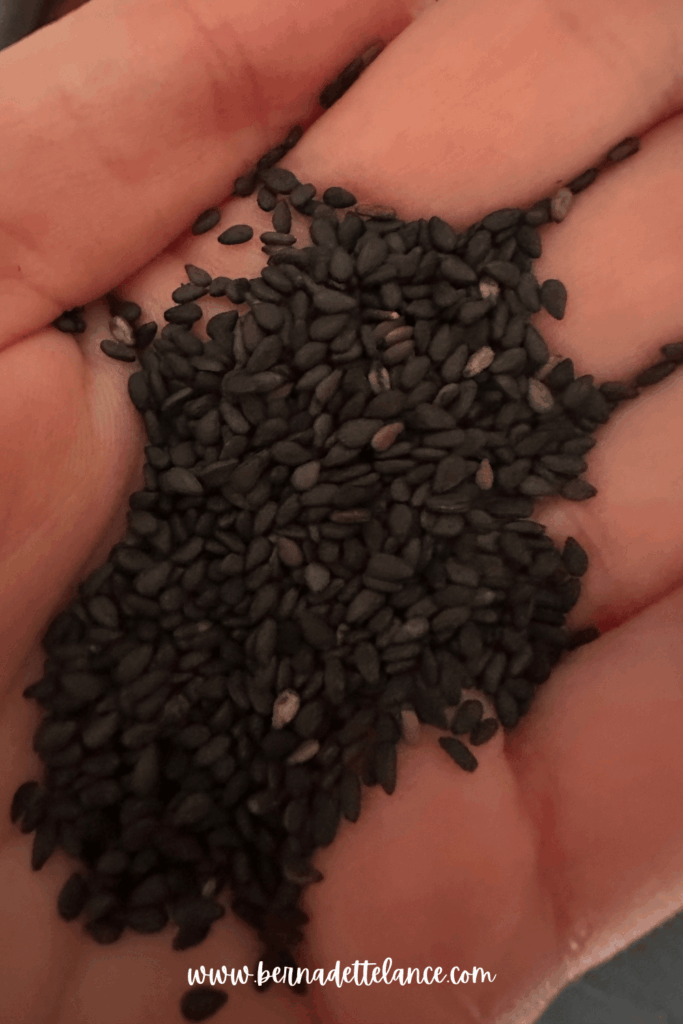
Final Thoughts
While it’s impossible to completely prevent gray hair, these tips can help you slow down the process and maintain your natural hair color for as long as possible. By focusing on a healthy diet, good hair care habits, and natural remedies, you can keep your hair looking vibrant and youthful. Remember, the key is consistency, so stick with these tips to see the best results! This post shows you 27 tips for early gray hair reversal.

